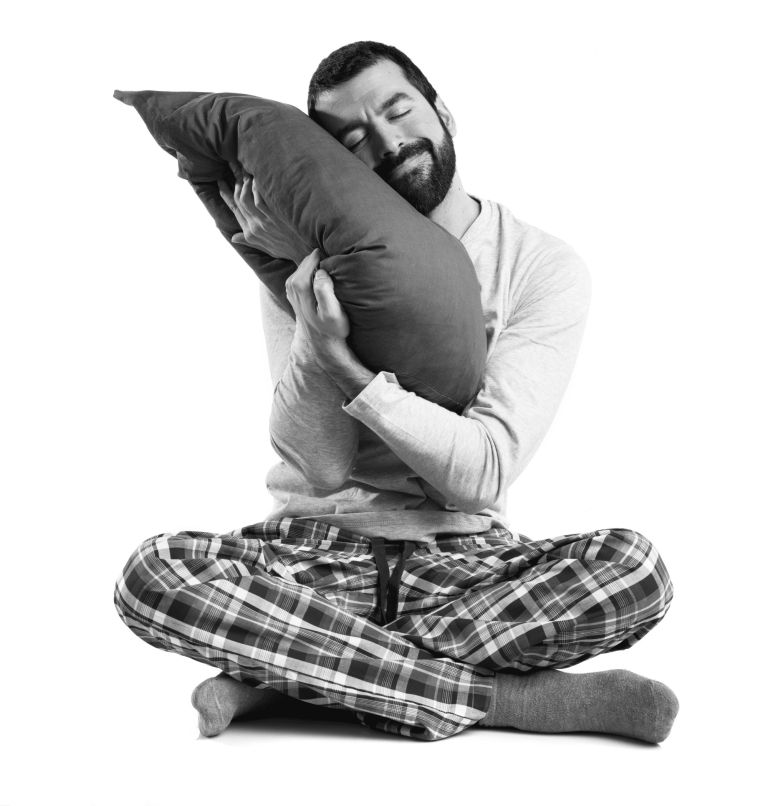Physical Health
Sleep plays a crucial role in maintaining our physical health. When we sleep, our bodies go through several processes that help repair and regenerate our cells and tissues. During sleep, our bodies also produce growth hormone, which helps our muscles recover and grow. In addition, sleep is essential for maintaining a healthy metabolism and keeping our weight in check. Studies have shown that people who don’t get enough sleep tend to have a higher body mass index (BMI) compared to those who get adequate sleep.
Sleep also affects our immune system. When we sleep, our bodies produce cytokines, which are proteins that help fight infections and inflammation. People who don’t get enough sleep are more susceptible to getting sick and taking longer to recover. In addition, lack of sleep has been linked to several chronic health conditions, including heart disease, diabetes, and obesity.
